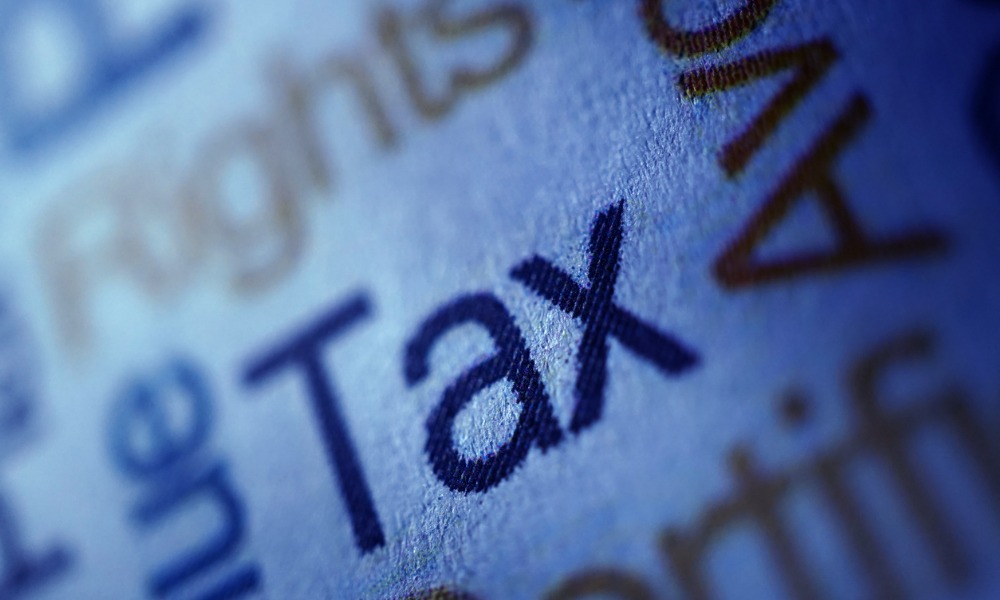GST holiday promises holiday savings, but critics debate its cost and long-term economic impact

The federal Liberals’ GST holiday legislation is set to pass in the House of Commons on Thursday night, as reported by BNN Bloomberg.
The bill proposes a two-month GST exemption on dozens of holiday-related items, such as children’s clothes, toys, video games, Christmas trees, restaurant meals, wine, beer, candy, and snacks.
Conservative Leader Pierre Poilievre, whose party plans to vote against the measure, argued the GST break “isn’t a tax cut” but instead a “temporary tax trick.” He criticised it as inflationary and claimed it would ultimately increase the cost of living.
“This is an inflationary, two-month temporary tax trick that will drive up the cost of living,” Poilievre said Thursday. He contrasted the proposal with his own tax plans to eliminate the federal fuel charge and GST on new home builds under $1m.
Liberal House Leader Karina Gould responded to Poilievre’s criticism, accusing him of prioritising politics over helping Canadians. She argued the measure would boost consumer confidence during a period of economic uncertainty.
NDP Leader Jagmeet Singh also criticised Poilievre, stating that the Conservative leader is “bootlicking for billionaires.”
Singh highlighted past Conservative tax cuts for corporations, contrasting them with the current GST break, which he said would save middle-class families money over the holidays.
The NDP agreed to support the GST holiday only after the Liberals separated it from a planned $250 payment to working Canadians, scheduled for spring.
The NDP is pushing for that payment to be expanded to include non-working seniors and people with disabilities.
University of Calgary economist Trevor Tombe commented on the potential economic effects of the GST holiday.
“If you provide tax reductions, that increases people’s disposable income, so families and individuals, they just have more money at the end of the day to purchase things,” he said.
However, Tombe added that the tax break and $250 payment are unlikely to have a significant effect on inflation or prices.
Tombe also criticised the measures for their high cost, suggesting the funds could be better allocated to improving Canada’s long-term economic performance.
The government estimates that someone spending $2,000 on eligible items during the two-month period could save between $100 and $260, depending on the province.
Residents in Atlantic Canada and Ontario, where harmonized sales taxes apply, will benefit from the full removal of the tax, saving 15 percent and 13 percent, respectively.
In other provinces, only the five percent federal GST will be removed unless provincial governments decide to follow suit. Alberta residents, who do not pay provincial sales tax, will save the full five percent GST.
The federal government has not offered compensation to provinces for revenue losses if they choose to match the GST cut.
The legislation’s passage marks the first new bill debated in the House of Commons since September.
Debate was previously stalled by a Conservative motion demanding unredacted documents related to alleged misspending in a now-defunct green technology fund.
Liberal MP Ryan Turnbull, speaking during the debate, emphasised the importance of the GST holiday in helping Canadians recover from inflation shocks and supply chain disruptions caused by the COVID-19 pandemic and climate disasters.
The temporary tax cut, estimated to cost the federal government $1.6bn, must pass now to take effect by December 14 in time for the holiday shopping season.
Ontario has estimated the provincial portion of the holiday will cost its treasury $1bn.



